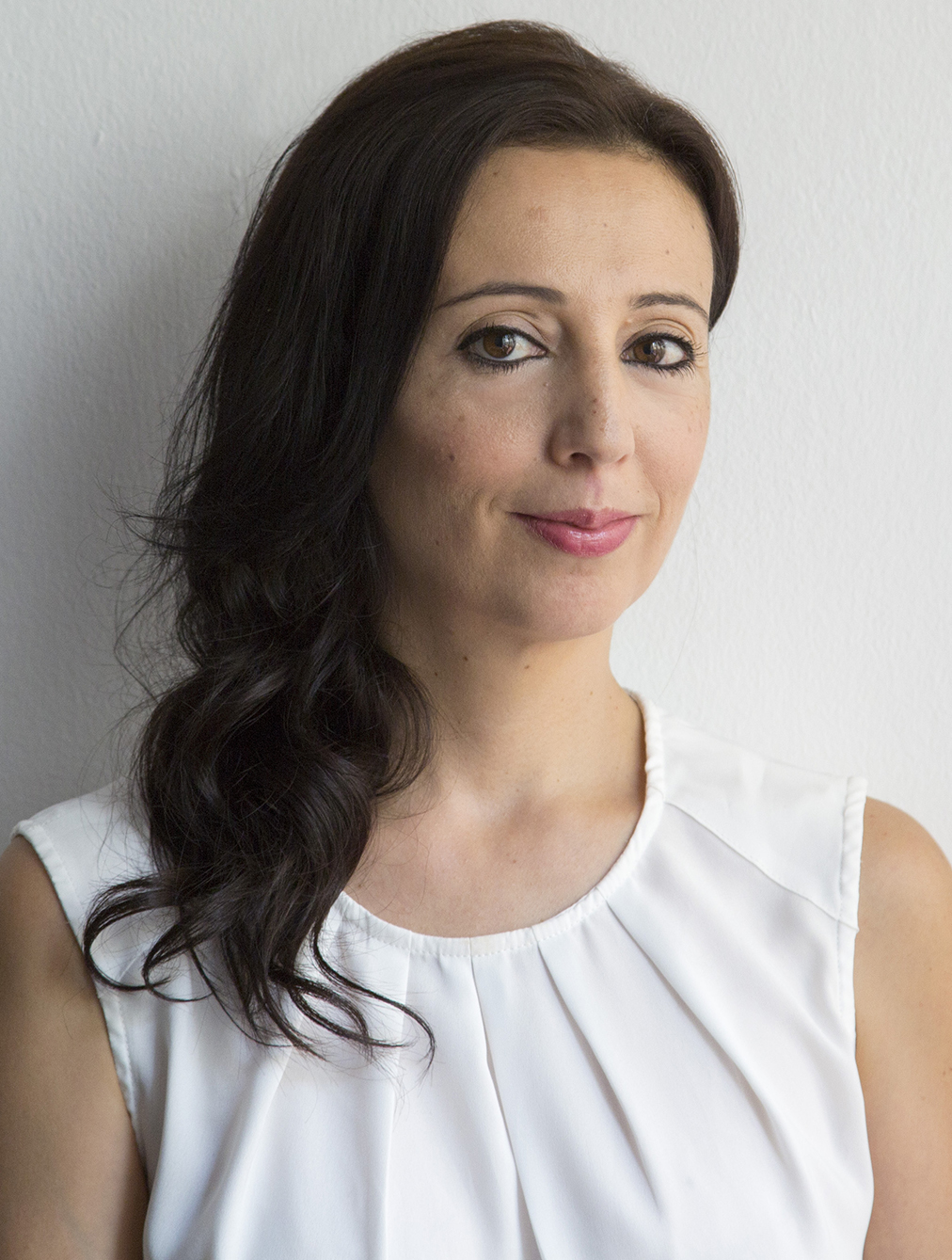
Paul M. Kennedy
Professor of History, Yale University
Hattendorf Prize Laureate
One of the world's most respected and provocative historians, Paul Kennedy is internationally known for his writings and commentaries on global economic, political, and strategic issues. His 1988 book The Rise and Fall of the Great Powers remains of the most important works shaping the conversation about the future of the U.S., Russia, China, Europe, and Japan. World leaders such as Bill Clinton and U.N. Secretary-General Boutros Boutros-Ghali have called on Paul for information and advice; the U.N. invited him to draft their 50th-anniversary report, "The United Nations in its Second Half-Century".
His most recent book, Victory at Sea: Naval Power and the Transformation of the Global Order in World War II, is an engaging narrative, brought to life by marine artist Ian Marshall’s beautiful full-color paintings while historian Paul Kennedy tells a story of naval battles, maritime campaigns, convoys, amphibious landings, and strikes from the sea.
Paul is the author or editor of additional nineteen works, including Engineers of Victory: The Problem Solvers Who Turned The Tide in the Second World War is a look at the ordinary soldiers, scientists, engineers, and businessmen who made those leaders' visions come true. He is also the author of Grand Strategies in War and Peace, The War Plans of the Great Powers, The Realities Behind Diplomacy, and the bestselling Preparing for the Twenty-First Century. His best-known work is The Rise and Fall of the Great Powers, a 500-year survey of how and why large nations rise and fall. Its controversial final chapter on the future of current world powers sparked an immense debate around the world. The book has never gone out of print, is available in 23 languages, and has sold close to two million copies.
One theme of Paul's work is international co-operation. His book, The Parliament of Man: The Past, Present and Future of the United Nations, is a history and evaluation of what Paul calls perhaps the most important institution of our time. This book grew out of "The United Nations in its Second Half-Century", the report he helped draft for the 50th-anniversary U.N. debate on the future of the organization. Paul also edited Global Trends and Governance, a practical guide to the key political, economic, ecological and social factors shaping the process of globalization. This book offers new ways of working together to cope with transnational problems.
Paul Kennedy is the J. Richardson Dilworth Professor of History, Director of International Security Studies, and Distinguished Fellow of the Brady-Johnson Program in Grand Strategy at Yale University. He is a former fellow of the Institute for Advanced Studies, Princeton University, and of the Alexander von Humboldt-Stiftung, Bonn. He holds many honorary degrees, and is a Fellow of the Royal Historical Society, the American Philosophical Society, and the American Academy of Arts and Sciences. He was made Commander of the Order of the British Empire (C.B.E.) in 2000 for services to History and elected a Fellow of the British Academy in June 2003.
Paul is on the editorial board of numerous scholarly journals and writes for The New York Times, The Atlantic, and many foreign-language newspapers and magazines. His monthly column on current global issues is distributed worldwide by the Los Angeles Times Syndicate/Tribune Media Services. His research has appeared in such varied contexts as TV series on naval history and historical papers for the Defense Department in Washington, D.C.
Topics
Videos
Books
Articles
Podcasts
This speaker does not have any podcasts yet.
Testimonials
Related speakers
No related speakers.

























